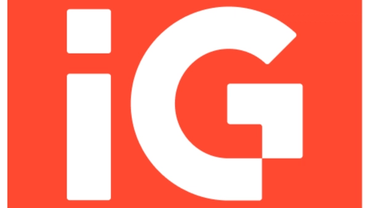Consider a trading app
2 Nov, 2017
Trading apps are a great way to have control of your investments at the tip of your fingers – literally. They allow you to track, buy and sell investments quickly and easily from your phone or iPad. Particularly useful for share-traders and people who dip in and out of the market frequently.
Who will it suit?
Confident investors. Buying funds is easy and cheap with big providers like Hargreaves Lansdown and AJ Bell, with funds often providing a more diversified and less risky entry point into the market. Trading apps really come into their own for investors looking to buy shares in specific companies; with low fees, instant dealing and the ability to purchase fractional amounts (eg – 0.1 Amazon shares).
It is an extremely cost-effective option for investors who trade shares frequently or with small sums of money. Paying £11.95 to buy £100 worth of shares on Hargreaves Lansdown sets you back 12% before you’ve even started. You’d probably be better off buying the same £100 worth of shares for free on Freetrade.
What does it cost?
There are two fees to consider – the platform fee and the trading fee. Both vary depending on the provider.
Platform fees depend on the account type (eg. ISA, pension etc) and can range between being free and costing £20 per month. They are generally on the lower end of this spectrum.
Trading fees range between being free and costing £8 per trade. Freetrade, Trading 212 and eToro all have commission-free trading; allowing you to trade as much as you want, without paying any trading fees.
What are the drawbacks?
More often than not, trading apps don’t have complementing websites, which means that you won’t be able to trade on your computer. This may be an inconvenience and significant stumbling block for some.
Additionally, trading apps don’t generally sell mutual funds – only shares, ETFs and sometimes investment trusts. This can be an issue for investors who like to investment in more mainstream funds, as well as specific shares, and hold all their investments in one account. With ISA regulations allowing you to only contribute into one stocks & shares ISA per tax year, investors who want to hold the lion share of their portfolio in funds may choose to open a General Investment Account on a trading app, instead of an ISA, which could end up being less tax efficient.
Either way, for investors who want both mutual funds and shares, trading apps mean an extra account and with that comes extra admin.



